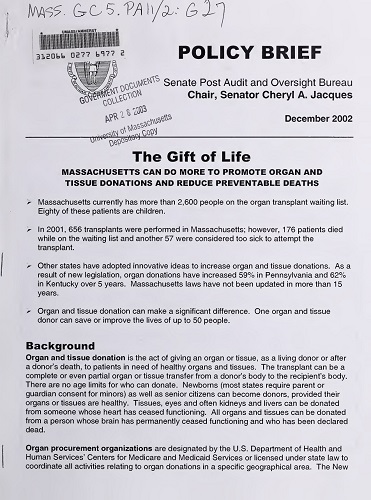A newly proposed legislation that would allow prisoners in Massachusetts to trade organ donation for a reduced jail time has been proposed by the state’s lawmakers.
Under the bill, filed in the State House last month, donors would receive at least 60 days but no more than one year off their sentences in exchange for bone marrow and organ donations.
Two Democrats lawmakers backing the bill claim it would “restore bodily autonomy” to incarcerated people.
However, critics warn it is unethical and preys on inmates’ desperation.

Organ donation is currently allowed in US federal prisons, but only if the recipient is an immediate family member.
The proposed bill is designed to establish a donation programme within the state’s department of corrections. More than 2600 residents in the state are on an organ transplant waiting list, eighty of them children.
A five-person committee would be responsible for determining who was eligible to participate and the link between a type of donation and the reduction in sentence. There would be no financial payments for the donations.

